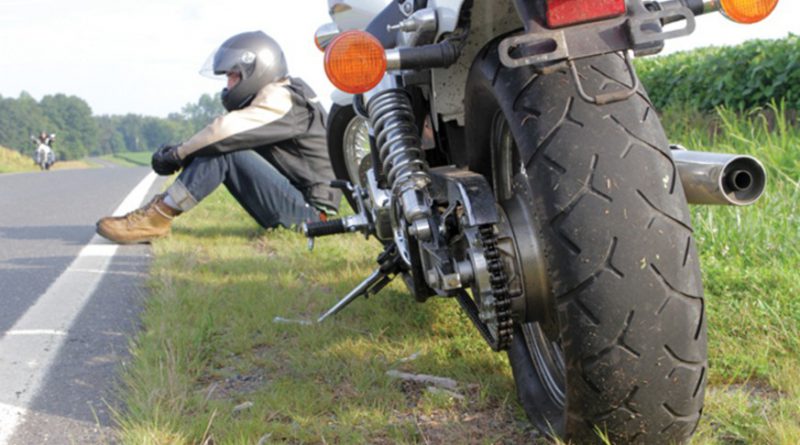Mastering Big Motorbike Maintenance: Essential Tips for Optimal Performance
Maintaining a big motorbike requires a meticulous approach to ensure its longevity and optimal performance. Big Motorbike Maintenance is not just about routine checks; it encompasses a comprehensive understanding of various components and automotive systems that contribute to the bike’s overall efficiency. From engine care to tire management, mastering these aspects is crucial for any motorbike enthusiast aiming to keep their machine in prime condition.
Understanding the Engine
The engine is the heart of any motorbike, and its maintenance is paramount. Regularly checking the engine oil and ensuring it is at the correct level helps to prevent overheating and excessive wear. Engine oil acts as a lubricant, reducing friction between moving parts and thereby enhancing performance. Replacing the oil filter at regular intervals is equally important, as it traps contaminants and prevents them from circulating through the engine.
Additionally, keep an eye on the air filter. A clean air filter ensures that the engine receives the correct amount of air for combustion. A clogged air filter can lead to reduced engine efficiency and increased fuel consumption. Regular inspection and replacement of the air filter are necessary to maintain optimal engine performance.
Tire Care
Tire maintenance is another critical aspect of Big Motorbike Maintenance. Tires are the only contact between the motorbike and the road, making their condition crucial for safety and performance. Regularly check tire pressure and ensure it aligns with the manufacturer’s specifications. Properly inflated tires contribute to better handling and fuel efficiency. Under-inflated tires can lead to uneven wear and reduced traction, while over-inflated tires may result in a harsh ride and increased risk of blowouts.
Inspect the tread depth regularly to ensure adequate grip. Worn-out tires can compromise safety, especially in adverse weather conditions. Replacing tires before they reach the minimum tread depth is essential for maintaining the bike’s stability and traction.
Brake System Maintenance
The braking system is a fundamental component of any motorbike and demands regular attention. Both the front and rear brakes should be inspected periodically for wear and tear. Check the brake fluid levels and top up as necessary. Brake fluid is hygroscopic, meaning it absorbs moisture over time, which can reduce braking efficiency. Flushing and replacing the brake fluid at recommended intervals ensures reliable braking performance.
Brake pads should also be examined regularly. Worn brake pads can lead to decreased braking power and increased stopping distances. Replacing them before they are completely worn out is vital for maintaining safety and performance.
Chain and Sprockets
The chain and sprockets are integral to the motorbike’s drivetrain and require routine maintenance to ensure smooth operation. Regularly inspect the chain for proper tension and lubrication. A well-lubricated chain reduces friction and prevents premature wear on both the chain and sprockets. Adjusting the chain tension according to the manufacturer’s guidelines is crucial for preventing slippage and ensuring optimal power transfer.
Inspect the sprockets for signs of wear, such as teeth that are worn down or hooked. Replacing worn sprockets in conjunction with a new chain helps to maintain the efficiency of the drivetrain and prevent damage to other components.
Electrical System
The electrical system of a motorbike is often overlooked, yet it plays a crucial role in overall functionality. Regularly check the battery’s charge and ensure that it is in good condition. Corrosion on battery terminals can lead to poor electrical performance. Cleaning the terminals and ensuring a secure connection helps to maintain the battery’s efficiency.
Additionally, inspect the wiring and electrical connections for any signs of wear or damage. Faulty wiring can lead to issues with the motorbike’s lighting, ignition system, and other electrical components. Addressing these issues promptly can prevent more significant problems and ensure that all electrical systems function correctly.
In conclusion, effective Big Motorbike Maintenance involves a thorough understanding of various aspects of motorbike care. From engine upkeep and tire management to brake system maintenance and electrical checks, each component requires regular attention to ensure optimal performance. By adhering to these maintenance practices, motorbike enthusiasts can enhance their riding experience, improve safety, and prolong the life of their motorbikes. Regular inspections and timely repairs are key to mastering the art of motorbike maintenance and achieving peak performance on every ride.


